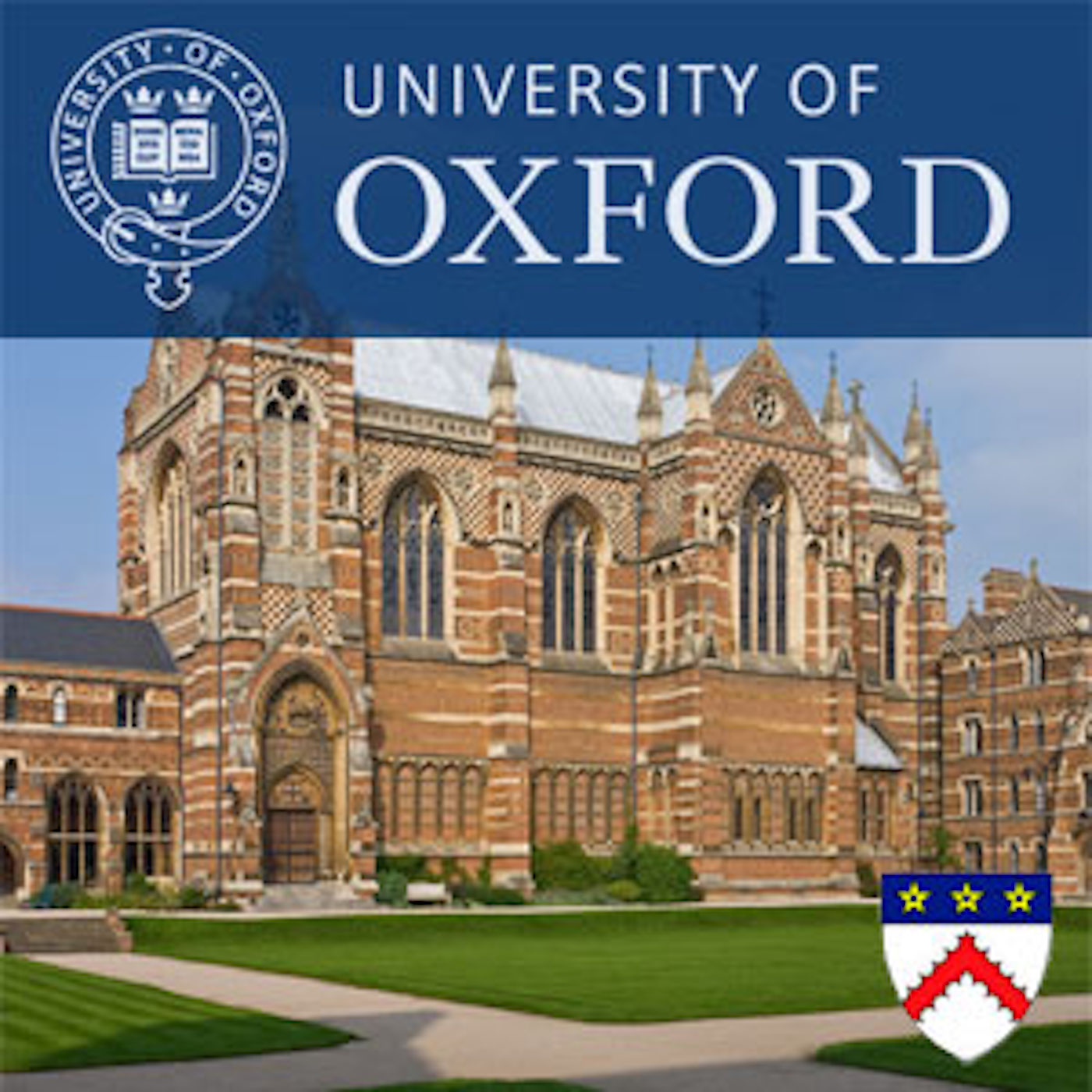Episodes
Tim Ingold (University of Aberdeen) discusses his current research, on the comparative anthropology of the line, exploring issues on the interface between anthropology, archaeology, art and architecture. Tim Ingold is Professor of Social Anthropology and Head of the School of Social Science at the University of Aberdeen. He has carried out ethnographic fieldwork in Lapland, and has written on the role of animals in human society, on language and tool use, and on environmental perception and...
Published 06/20/11
Professor Richard Harper (Microsoft Research, Cambridge) presents on how to design for 'being human' in an age when human-as-machine type metaphors, deriving from Turing and others, tend to dominate thinking in the area. Richard Harper is Principal Researcher at Microsoft Research in Cambridge and co-manages the Socio-Digital Systems group. Trained as a sociologist, he has recently published his book, Texture: Human expression in the age of communication overload, (MIT Press).Amongst his...
Published 06/20/11
Nicholas Humphrey, a theoretical psychologist based in Cambridge, presents his work on the evolution of human intelligence and consciousness. Part of the Creativity Lecture Series by the Keble College Advanced Studies Centre. Nicholas Humphrey studied mountain gorillas with Dian Fossey in Rwanda, he was the first to demonstrate the existence of "blindsight" after brain damage in monkeys, he proposed the celebrated theory of the "social function of intellect". His books include Consciousness...
Published 05/23/11
Professor Gui-Qiang G. Chen presents in his inaugural lecture several examples to illustrate the origins, developments, and roles of partial differential equations in our changing world. While calculus is a mathematical theory concerned with change, differential equations are the mathematician's foremost aid for describing change. In the simplest case, a process depends on one variable alone, for example time. More complex phenomena depend on several variables - perhaps time and, in addition,...
Published 12/22/10
Dr Chris Gosden gives a talk on creativity and artefacts and the development of tools and objects throughout human history. Delivered in Keble College as part of the OXford Alumni Weekend 2010. Creative Commons Attribution-Non-Commercial-Share Alike 2.0 UK: England & Wales; http://creativecommons.org/licenses/by-nc-sa/2.0/uk/
Published 10/20/10
Dr Thomas Higham gives a talk on Carbon Dating; the way in which scientists establish the age of ancient and prehistoric artefacts. This lecture was delivered at Keble College as part of the Oxford Alumni Weekend 2010. Creative Commons Attribution-Non-Commercial-Share Alike 2.0 UK: England & Wales; http://creativecommons.org/licenses/by-nc-sa/2.0/uk/
Published 10/20/10
Viktor Mayer-Schönberger looks at the important role that forgetting has played throughout human history, the surprising phenomenon of perfect remembering in the digital age, and why we must reintroduce our capacity to forget. Professor Viktor Mayer-Schönberger discusses the themes of his new book 'Delete' with Helen Margetts, Professor of Society and the Internet at the Oxford Internet Institute. 'Delete' looks at the surprising phenomenon of perfect remembering in the digital age, and...
Published 05/10/10
Dr. Steven Cameron takes us on a trip to RoboCup. Tiny players roll across the pitch, others lumber unsteadily or roll by. The goals keep coming but the players never tire. It's football, but not as we know it. Say hello to the future of sport.
Published 12/21/09
What lies around the corner for the Internet .. and how do we avoid it? How can we study and affect the future of the Internet using the distributed power of the network itself? This is Jonathan Zittrain's inaugural lecture at the University of Oxford. This inaugural lecture by Professor Jonathan Zittrain proposes a theory about what lies around the corner for the Internet, how to avoid it, and how to study and affect the future of the internet using the distributed power of the network...
Published 10/09/09
Professor Rayner talks about society in the 21st century the impacts of science and technology, particularly cyber-technology and the Internet. He also asks how the new technology will change society and what it means to be a person. Professor Steve Rayner is the James Martin Professor of Science and Civilisation, Said Business School.
Published 03/24/09
Lecture on Britain under Roman rule and the incorporation of Britain into the Roman world. Professor Gosden also talks about the significance of our environment, the outside, material world, and how it influences historical events in ancient history. Professor Chris Gosden is the Professor of European Archaeology, Oxford University.
Published 03/24/09
Showcase: Institute for Science and Civilization.
Published 12/15/08


